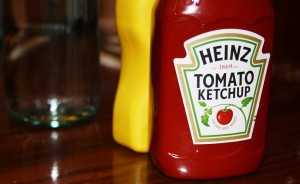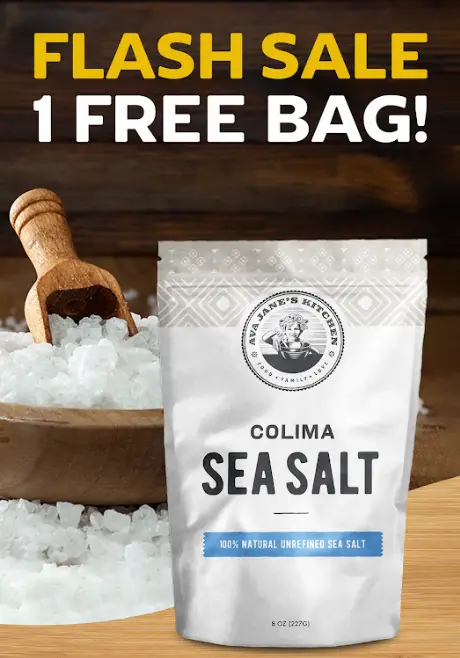There are plenty of people who don’t always agree with Israel’s government, but many in the natural health movement are likely to agree with its health ministry’s latest ruling.
Food companies are notorious for bending the rules when it comes to labeling their products: calling almond beverages “milk” when they contain less than 2% actual almonds for example, and calling many foods packed with genetically engineered ingredients “natural” to just name another one.
Now, Israel’s health ministry is taking one of the heavyweights to task for what they say is misleading advertising.
Everybody knows Heinz Ketchup from the U.S. to the Middle East and beyond, but is it really enough of a ketchup to be considered, well, a ketchup?
According to a new ruling, that answer is a resounding “no,” and when you take a look at their reasoning it’s easy to understand why.
Heinz Ketchup Should Be Called “Tomato Seasoning”
Heinz, a company that has been strongly opposed to GMO labeling to the tune of $500,000 against California’s bill in 2012, is not exactly fond of natural and wholesome ingredients, at least not in America where its products contain GMO corn syrup, GMO sugar beets (listed as “sugar” on the package), and even vinegar that is likely made from GMO corn as well.e
Despite the inferior ingredients and lack of real tomatoes, people continually make Heinz top ketchup choice year after year.
Now the company is catching tons of bad press over the controversy.
“The brand Heinz may be synonymous with ketchup for most of the world, but no longer in Israel,” the newspaper Haaretz was quoted as saying.
According to the article the local manufacturer Osem has successfully argued that its competition’s product does not meet the standards of being an actual ketchup, by the definitions put forth by Israel’s standards institute.
Heinz ketchup is only 21% tomato concentrate in Israel according to test information presented by Osem, but it must be at least 41% tomato concentrate to qualify as an actual ketchup. Heinz had reportedly claimed to be 61%.
Diplomat, the company that distributes Heinz in Israel, has said that top local brand Osem has a monopoly on the market and was seeking to protect it by attempting to prove that Heinz is not ketchup.
The company is also seeking to lower the standard for amount of tomato solids needed for a product to be called a ketchup (yet another sign of how Big Food companies bend the rules away from using actual real, healthy ingredients).
Standards in America and Europe are higher for ketchup when it comes to amount of tomato solids.
In the meantime, the Hebrew edition of Heinz Ketchup will now be slapped with a “tomato seasoning” label instead.
It may sound funny to say anything other than “Heinz ketchup,” but apparently that’s what happens when a company tries to bend the rules the way this one did.
Photo via the website HealthyWildandFree.com.
Thanks for installing the Bottom of every post plugin by Corey Salzano. Contact me if you need custom WordPress plugins or website design.













